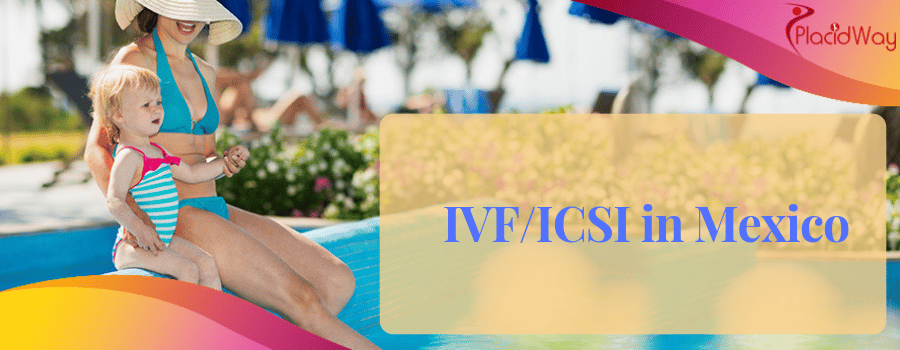
Embarking on the journey to parenthood can be challenging, especially for couples facing fertility issues. In recent years, Mexico has emerged as a leading destination for advanced fertility treatments, offering comprehensive solutions like In Vitro Fertilization (IVF) and Intracytoplasmic Sperm Injection (ICSI). This article delves into the complete treatment solutions for IVF and ICSI in Mexico, highlighting the procedures, benefits, costs, and essential considerations for prospective parents.
Key Insights at a Glance:
- IVF and ICSI are advanced fertility treatments available in Mexico.
- Mexico offers high-quality fertility treatments at more affordable prices.
- IVF involves fertilizing an egg outside the body and implanting it into the uterus.
- ICSI is a specialized form of IVF that injects a single sperm directly into an egg.
- Many clinics in Mexico provide comprehensive packages for international patients.
Understanding IVF and ICSI
In Vitro Fertilization (IVF): IVF is a widely used assisted reproductive technology where an egg is fertilized by sperm outside the body, in a laboratory setting. The resulting embryo is then transferred to the woman's uterus, aiming to establish a successful pregnancy. This method is particularly beneficial for individuals with blocked fallopian tubes, ovulation disorders, or unexplained infertility.
Intracytoplasmic Sperm Injection (ICSI): ICSI is a specialized form of IVF primarily used to address male infertility issues. In this procedure, a single healthy sperm is directly injected into the cytoplasm of a mature egg, facilitating fertilization. ICSI is recommended in cases of low sperm count, poor sperm motility, or when previous IVF attempts have not resulted in fertilization.
The IVF/ICSI Process in Mexico
Undergoing IVF or ICSI in Mexico involves several meticulously coordinated steps:
- Initial Consultation: Prospective parents engage in a comprehensive consultation with fertility specialists to assess medical history, conduct necessary tests, and develop a personalized treatment plan.
- Ovarian Stimulation: The woman receives hormonal medications to stimulate the ovaries, encouraging the production of multiple eggs. Regular monitoring through blood tests and ultrasounds ensures optimal follicle development.
- Egg Retrieval: Once the follicles reach maturity, a minor surgical procedure is performed to collect the eggs. This is typically done under sedation to ensure comfort.
- Fertilization: In standard IVF, the collected eggs and sperm are combined in a laboratory dish to facilitate fertilization. In ICSI, a single sperm is directly injected into each mature egg to enhance the chances of fertilization.
- Embryo Culture: Fertilized eggs (embryos) are cultured in the laboratory for several days, allowing them to develop to an optimal stage before transfer.
- Embryo Transfer: Selected embryos are transferred into the woman's uterus using a thin catheter. This procedure is generally painless and does not require anesthesia.
- Pregnancy Test: Approximately two weeks after the embryo transfer, a blood test is conducted to determine if implantation has been successful and pregnancy has been achieved.
Did you know?
Mexico's favorable regulations and advanced medical facilities have made it a top destination for fertility treatments, attracting patients from around the globe.
Benefits of Choosing Mexico for IVF/ICSI
Opting for fertility treatments in Mexico offers several advantages:
- Cost-Effectiveness: Fertility treatments in Mexico are often more affordable compared to countries like the United States or Canada, without compromising on quality.
- High-Quality Care: Many Mexican fertility clinics are equipped with state-of-the-art technology and staffed by internationally trained specialists, ensuring high standards of care.
- Legal Framework: Mexico's regulatory environment is conducive to various fertility treatments, including egg donation and embryo freezing, providing more options for patients.
- Accessibility: With numerous clinics located in major cities and close to international airports, Mexico is a convenient destination for medical tourists seeking fertility treatments.
Did you know?
The success rates for IVF and ICSI treatments in Mexico are comparable to those in leading fertility centers worldwide, making it a reliable choice for hopeful parents.
Cost Breakdown of IVF/ICSI in Mexico
Understanding the financial aspects is crucial for planning fertility treatments. Here's a general breakdown of the costs associated with IVF/ICSI in Mexico:
| Treatment Component | Mexico (USD) | USA (USD) | Canada (USD) | Europe (USD) | India (USD) |
|---|---|---|---|---|---|
| Initial Consultation | $100 - $200 | $200 - $500 | $150 - $300 | $150 - $400 | $50 - $150 |
| Ovarian Stimulation | $1,000 - $2,000 | $2,000 - $5,000 | $1,500 - $3,000 | $1,500 - $3,500 | $800 - $1,500 |
| Egg Retrieval | $1,500 - $2,500 | $3,000 - $6,000 | $2,500 - $4,000 | $2,500 - $5,000 | $1,000 - $2,000 |
| Fertilization (IVF/ICSI) | $1,000 - $2,000 | $3,000 - $5,000 | $2,000 - $4,000 | $2,500 - $4,500 | $800 - $1,500 |
| Embryo Culture | $500 - $1,000 | $1,500 - $3,000 | $1,200 - $2,500 | $1,500 - $3,500 | $500 - $1,200 |
| Embryo Transfer | $1,000 - $1,500 | $2,000 - $4,000 | $1,500 - $3,000 | $2,000 - $4,000 | $800 - $1,500 |
| Medications | $1,000 - $2,000 | $3,000 - $7,000 | $2,000 - $5,000 | $2,500 - $6,000 | $500 - $1,500 |
| Total Estimated Cost (IVF) | $5,000 - $8,000 | $12,000 - $25,000 | $9,000 - $18,000 | $10,000 - $22,000 | $3,000 - $7,000 |
| Total Estimated Cost (ICSI) | $6,000 - $10,000 | $15,000 - $30,000 | $11,000 - $20,000 | $12,000 - $25,000 | $4,000 - $8,000 |
Please note that these are approximate costs and can vary depending on the clinic and individual treatment plans.
Risks and Considerations
While IVF and ICSI are generally safe, it's important to be aware of potential risks:
- Multiple Pregnancies: Transferring multipleembryos increases the chances of twins or triplets, which can pose health risks for both the mother and babies.
- Ovarian Hyperstimulation Syndrome (OHSS): In rare cases, excessive ovarian stimulation can lead to bloating, nausea, and abdominal pain.
- Emotional and Physical Stress: The process can be physically demanding and emotionally taxing, requiring strong support from partners, family, or counseling services.
- Ectopic Pregnancy: There is a small risk that the embryo implants outside the uterus, requiring medical intervention.
- Financial Considerations: While Mexico offers lower-cost treatments, it’s important to budget for travel, accommodations, and potential additional procedures.
FAQs About IVF/ICSI in Mexico
1. How much does IVF or ICSI cost in Mexico?
The total cost varies, but on average, IVF in Mexico ranges from $5,000 to $8,000, while ICSI may cost an additional $1,000 to $2,000. Prices depend on medications, additional procedures, and clinic location.
2. What are the success rates of IVF and ICSI in Mexico?
Success rates depend on age, underlying fertility issues, and clinic expertise. Generally, IVF success rates in Mexico range from 40% to 60% per cycle, similar to top global fertility centers.
3. Is it safe to travel to Mexico for fertility treatment?
Yes, Mexico has reputable fertility clinics that adhere to international medical standards. However, it’s important to research safety conditions in specific areas and choose accredited facilities.
4. Do Mexican fertility clinics offer financing or payment plans?
Many clinics provide flexible payment plans, financing options, or package deals to help international patients manage costs more effectively.
5. Can I use donor eggs or sperm in Mexico?
Yes, Mexico has regulated programs for egg and sperm donation, making it an option for individuals with specific fertility challenges. Clinics usually provide anonymous donor options.
6. How long will I need to stay in Mexico for treatment?
The typical stay for a full IVF cycle is around 2 to 3 weeks, depending on the treatment plan and individual response to medications.
7. Will I need to return to Mexico for follow-ups?
Most post-treatment monitoring can be done in your home country, but some patients choose to return for additional procedures or embryo transfers if needed.
8. Can same-sex couples or single parents undergo IVF in Mexico?
Yes, many clinics in Mexico offer IVF treatments for same-sex couples and single individuals. Some clinics also provide options for egg or sperm donation and surrogacy, depending on legal regulations.
9. Is embryo freezing available in Mexico?
Yes, most fertility clinics in Mexico offer embryo freezing (cryopreservation), allowing patients to store embryos for future use. Storage fees may apply, so it's important to check with the clinic about costs and duration.
10. Do I need a visa to travel to Mexico for fertility treatment?
Citizens from the U.S., Canada, and many European countries do not require a visa for short stays (up to 180 days). However, checking current visa and travel requirements before planning your trip is recommended.
Start Your Journey Toward Parenthood in Mexico
With affordable treatment costs, world-class clinics, and experienced fertility specialists, Mexico is a top choice for couples seeking IVF and ICSI. If you're considering fertility treatment abroad, exploring options in Mexico could bring you one step closer to fulfilling your dream of parenthood.

.png)







.png)

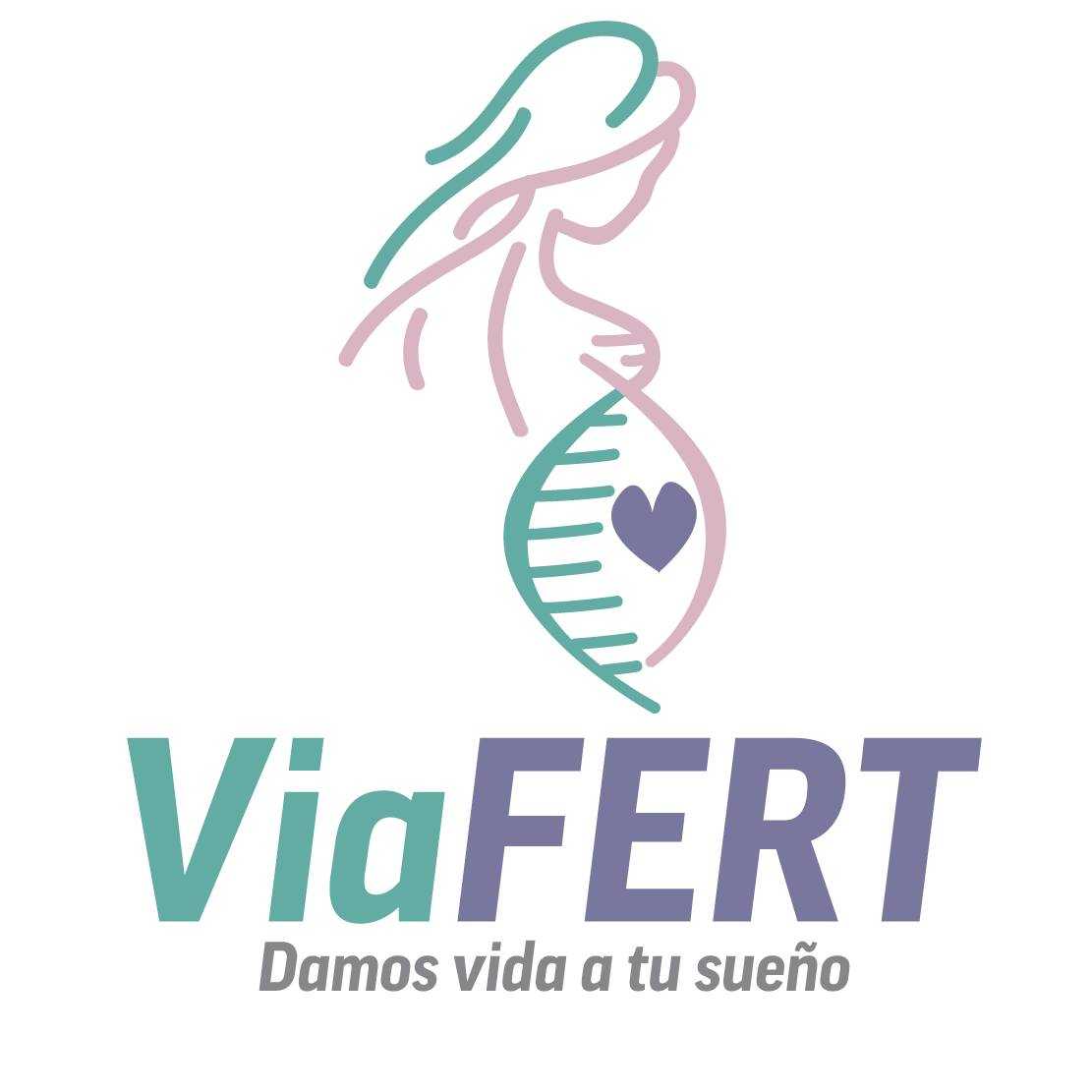
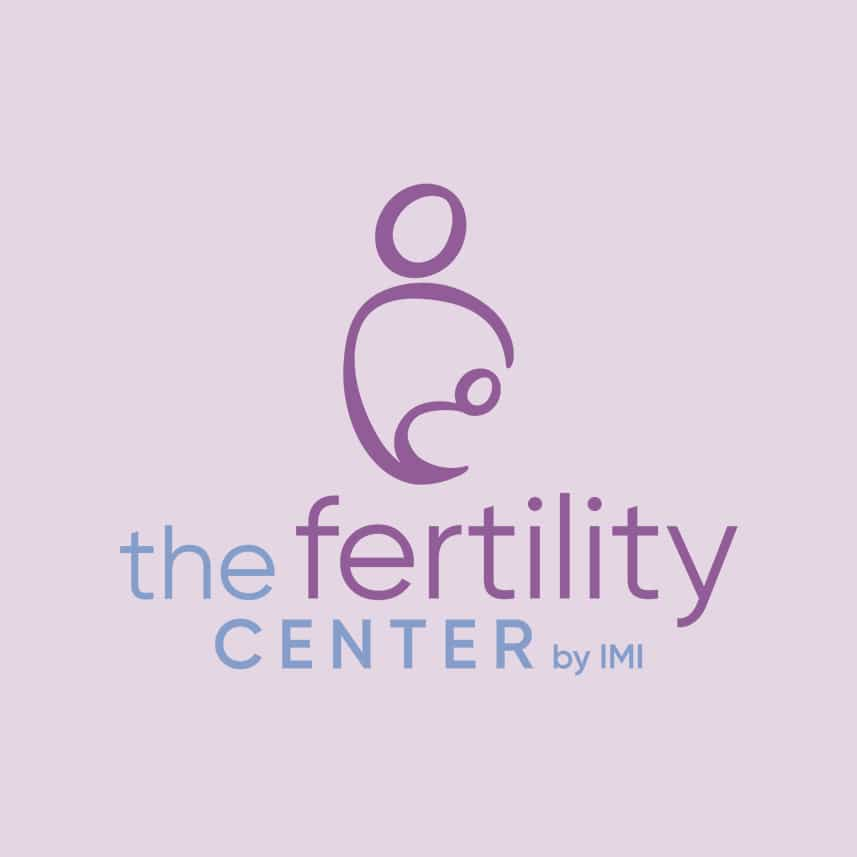
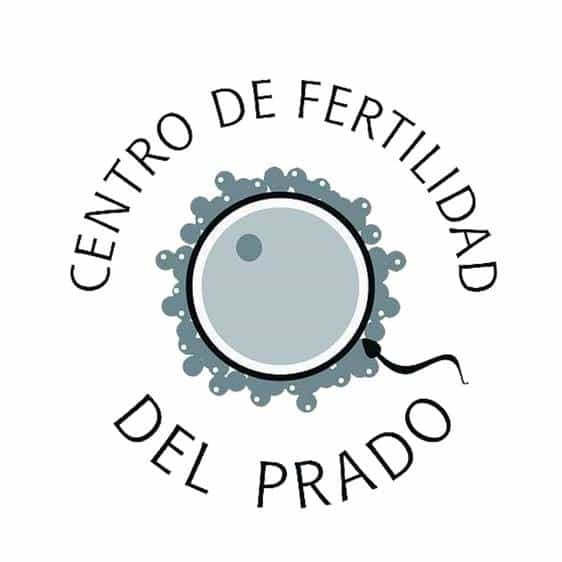

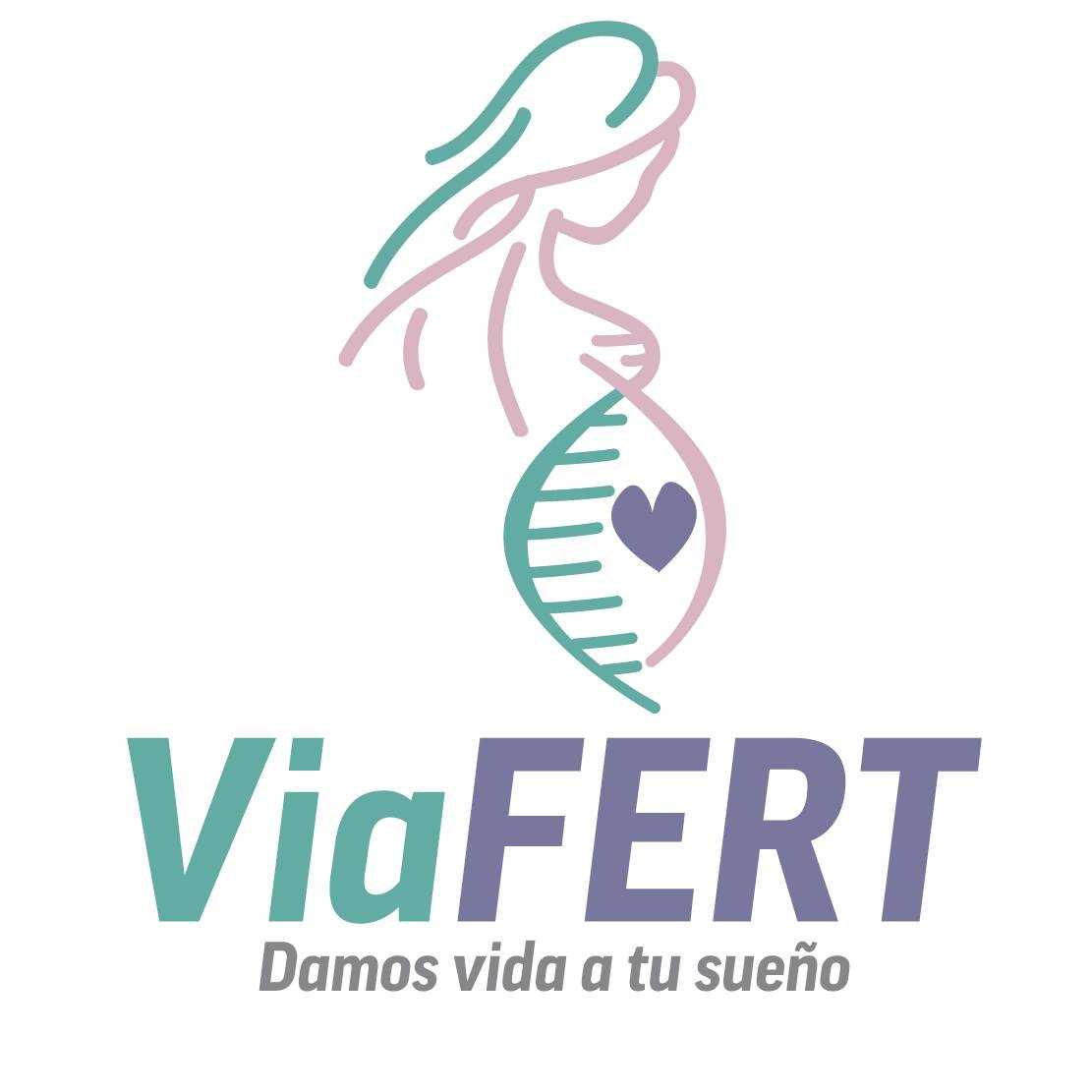

Share this listing